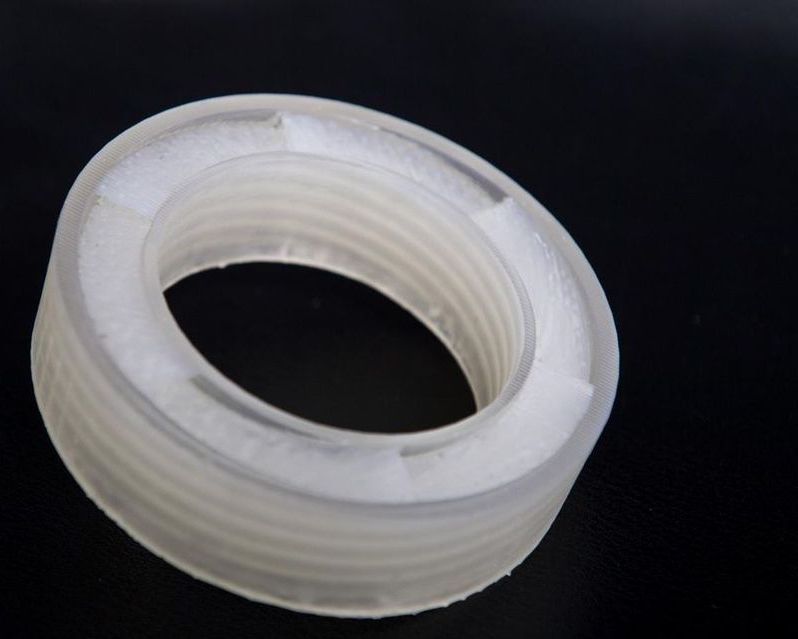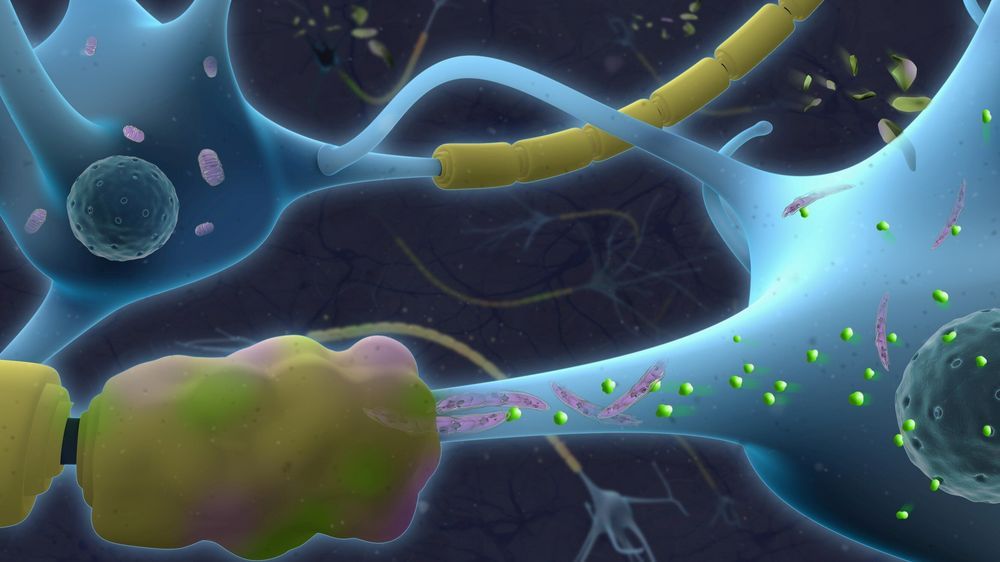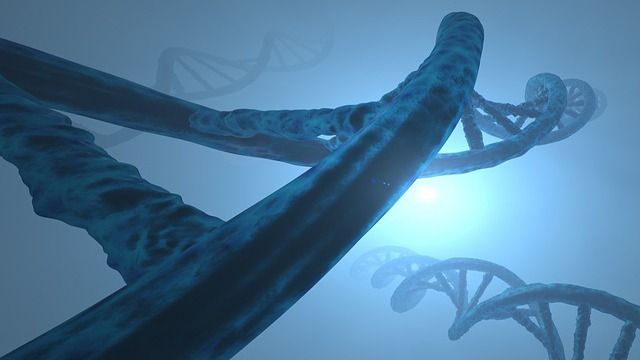Researchers have come up with an ‘acoustic metamaterial’ that cancels sound.




Science, Space & Robotics News | Posted: 9 hours, 42 mins ago.
Comment | Email to a Friend | Font Size: AA.

Time goes in one direction: forward. Little boys become old men but not vice versa; teacups shatter but never spontaneously reassemble. This cruel and immutable property of the universe, called the “arrow of time,” is fundamentally a consequence of the second law of thermodynamics, which dictates that systems will always tend to become more disordered over time. But recently, researchers from the U.S. and Russia have bent that arrow just a bit — at least for subatomic particles.
In the new study, published Tuesday (Mar. 12) in the journal Scientific Reports, researchers manipulated the arrow of time using a very tiny quantum computer made of two quantum particles, known as qubits, that performed calculations. [Twisted Physics: 7 Mind-Blowing Findings]
At the subatomic scale, where the odd rules of quantum mechanics hold sway, physicists describe the state of systems through a mathematical construct called a wave function. This function is an expression of all the possible states the system could be in — even, in the case of a particle, all the possible locations it could be in — and the probability of the system being in any of those states at any given time. Generally, as time passes, wave functions spread out; a particle’s possible location can be farther away if you wait an hour than if you wait 5 minutes.

Our Ending Age-Related Diseases conference in New York is over for this year and has been a huge success. We had the opportunity to interview one of the speakers, Dr. Mar í a Blasco, during the conference, and we asked her more about her work with telomeres, telomerase therapy, and aging.
Telomere loss is a proposed reason we age
Telomere attrition—the wearing out of your chromosomes’ protective caps with age—is widely thought to be one of the major drivers of aging. With each division, telomeres shorten a little bit, and after 50–70 divisions, they become critically short. Once this threshold (the Hayflick limit) is hit, cells undergo replicative senescence, and their division comes to a grinding halt.

The disability burden for people with multiple sclerosis (MS) can vary significantly depending on whether they have a relapsing/remitting form of the disease, where they experience periods of clinical remission, or a progressive form, where they have continued neurological deterioration without clinical remission. Effective therapies exist for managing relapsing/remitting MS, but treatment for progressive MS has proved more challenging. Now, a new paper published in the journal Brain from researchers at the Advanced Science Research Center (ASRC) at The Graduate Center, CUNY and Friedman Brain Institute at the Icahn School of Medicine at Mount Sinai has identified potential mechanisms that may inform the development of therapies that effectively manage progressive MS.
Previous research had suggested that dysfunction of neuronal mitochondria—the energy-producing subcellular organelles—occurs in the brains of MS patients with progressive clinical disability. However, the molecular mechanisms underlying this process remained elusive.
“Because the brain is bathed by the cerebrospinal fluid (CSF), we asked whether treating cultured neurons with the CSF from MS patients with a relapsing/remitting or a progressive disease course would possibly elicit different effects on neuronal mitochondrial function,” said the study’s primary investigator Patrizia Casaccia, Einstein Professor of Biology at The Graduate Center and founding director of the Neuroscience Initiative at the ASRC. “We detected dramatic differences in the shape of the neuronal mitochondria and their ability to produce energy. Only exposure to the CSF from progressive MS patients caused neuronal mitochondria to fuse and elongate while rendering them unable to produce energy. We therefore searched for potential mechanisms of CSF-induced neurodegeneration with the intent to define therapeutic strategies.”



Your support will help us in our mission to research, develop and promote comprehensive regenerative medicine solutions for the diseases and disabilities of aging. SRF is a 501©(3) non-profit. Please consult your tax advisor – your donation may be tax deductible as no goods or services were received in exchange for the gift.